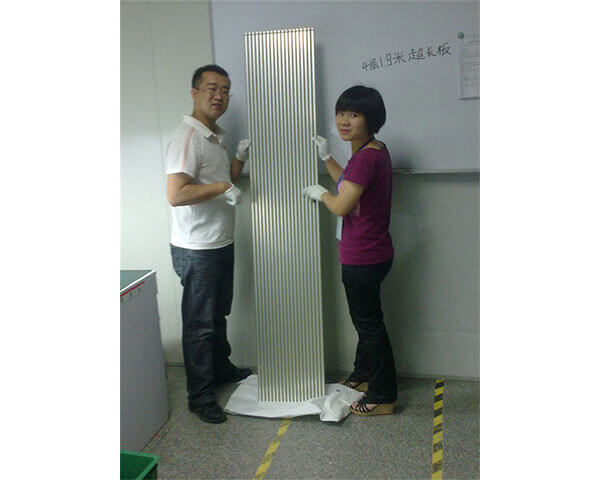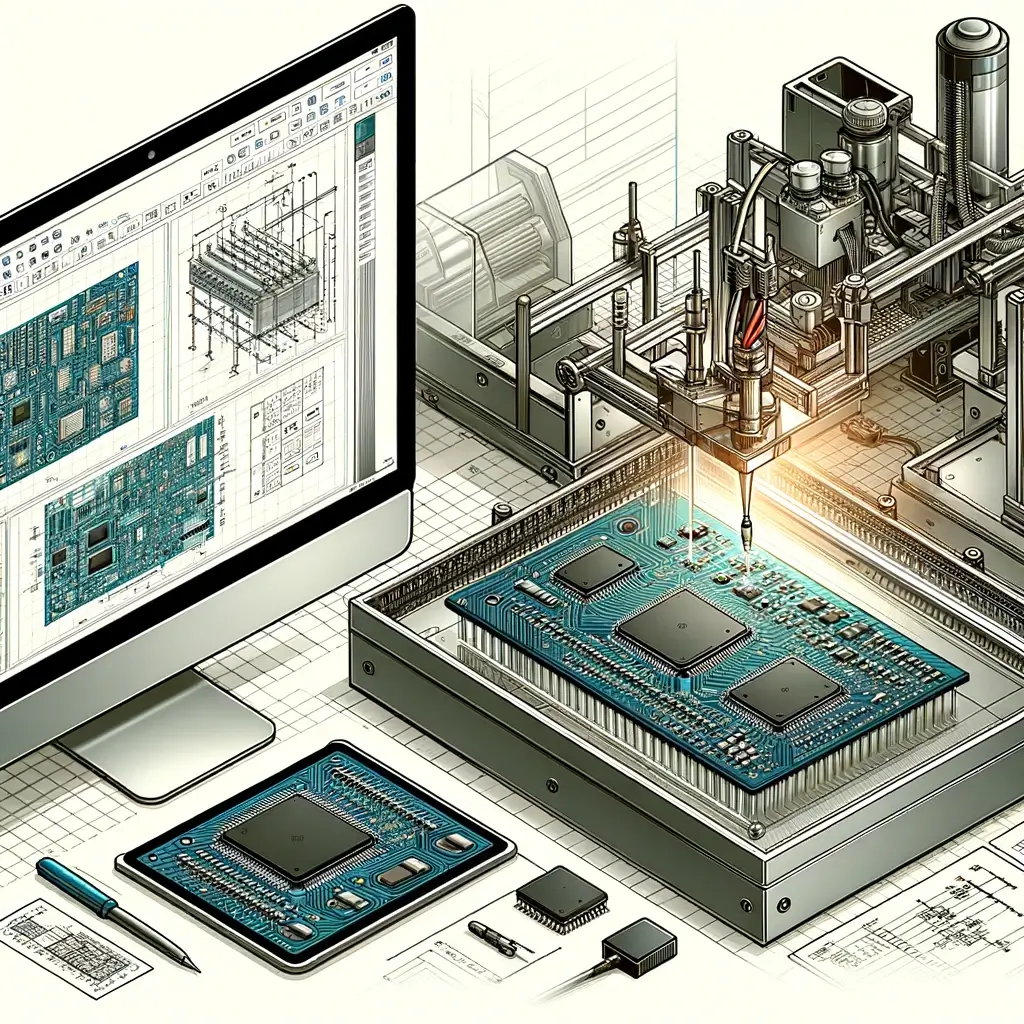The Versatility of Flexible Printed Circuit Boards
Technology has rapidly advanced over the years and with this, the need for more flexible and versatile circuit boards has increased. Flexible printed circuit boards or FPCBs are one such technology that has become popular in recent times. They offer a myriad of benefits such as flexibility, durability, and cost-effectiveness. In this blog, we will explore the versatility of flexible printed circuit boards and the various industries that benefit from this advanced technology.
1. Medical Industry:
The medical sector is one of the primary industries to benefit from FPCBs. Flex circuits are extensively used to manufacture medical devices and equipment due to their flexibility and ability to flex in complicated shapes, providing design freedom to manufacturers. Examples of these devices include imaging, hearing aids, pacemakers, and electrocardiographs. Flex circuits have the ability to fold, bend, twist or kink, which allows manufacturers to develop more compact and efficient medical equipment.
2. Automotive Industry:
The automotive industry has also been quick to adopt flexible printed circuit boards. With the increasing number of electric and hybrid vehicles, there is a need for durable and flexible circuitry. Flex circuits are extensively used in the production of headlights, airbag systems, and other electronic systems in automobiles. The ability to adapt to motion and vibration without any damage is what makes them stand out from their rigid counterparts.
3. Consumer Electronics Industry:
Flex circuits are also extensively used in the production of consumer electronics items such as smartphones, laptops, cameras, and gaming devices. The primary advantage of FPCBs in the consumer electronics industry is the ability to reduce the size and thickness of devices, thus making them more portable. They are highly reliable with good thermal and mechanical properties, making them excellent for devices that people use every day.
4. Aerospace and Defense Industry:
The aerospace and defense industries are known for their use of robust and reliable equipment, and, in this, flexible printed circuit boards stand out as a top choice. They can handle extreme temperatures and other challenging environmental factors while maintaining their structure integrity. Flex circuits’ reduced weight and space requirements make FPCBs a preferred solution for space exploration vehicles and drones.
5. Robotics Industry:
The robotics industry is another field that makes use of flexible printed circuit boards. The flexibility of flex circuits allows for the creation of more intricate and compact design, necessary for robotics development. Robotics’ wide range of applications, from medical and manufacturing to consumer electronics, and space exploration, makes FPCBs a vital component in this growing industry.
Conclusion:
Flexible printed circuit boards have become a popular choice of circuit board technology due to its versatility and unique features that make it suitable for various industries. Their ability to adapt to complicated shapes, handle challenging environments, and take up less space and weight make FPCBs stand out from rigid PCBs. The future of technology will require flexible solutions, and FPCBs will undoubtedly continue to be at the forefront of innovation in the years to come.
From cell phones to instrument panels, computer keyboards to GPS trackers, flexible printed circuit boards help run the electronics that make our lives better. The versatility of flexible printed circuit boards (PCBs) makes them ideal for numerous applications where flexibility, space limitations, or production constraints do not permit the use of rigid PCBs. Printed circuit board manufacturers can configure circuitry to fit the device, rather than being restricted by the circuit board to a particular design.
Advantages of Flexible Printed Circuit Boards
- Flexibility – The most obvious benefit of using flexible PCBs is the elastic performance of the board itself. Flexible PCBs can be positioned on edges and corners, and are able to be creased or folded. This feature allows size reduction of devices, without which miniaturization would not be possible.
- Thickness and Weight – Flexible PCBs can be made very thin and can be substantially lighter than rigid PCBs.
- Vibration Resistance – With less weight and more flexibility, flexible PCBs can withstand a greater degree of vibration without sacrificing performance.
- Reliability – Flexible circuit boards require fewer interconnections such as contact crimps, connectors, and solder joints. The fewer the interconnects, the fewer places a PCB can fail.
- Durability – The materials used in manufacturing flexible printed circuit boards can be moisture-proof, shock-proof, corrosion-resistant, and temperature-resistant. This allows devices with flexible PCBs to be used in harsher environments. For this reason, flexible PCBs are frequently used in military, medical, and aerospace applications.
- Enhanced Airflow – Versatility in design means flexible PCBs can be placed so as to permit cooling air to flow through the device.
- Resistance to Temperature Extremes – Flexible PCBs made of polyimide, which minimizes contraction and expansion, can withstand temperature extremes from – 200C to 400C.
- Cost Savings – The smaller area required by flexible PCBs reduces materials and finished assembly packaging. Fewer parts are needed, reducing assembly costs. Assembly errors are few because the flexible circuit board can only be installed one way—the correct way.
Applications for Flexible Printed Circuit Boards
Flexible printed circuit board manufacturers utilize flex PCBs in applications where precision accuracy and maximum flexing is required. Examples of flexible PCB applications include:
- Automobile Air Bags
- Antilock Braking Systems
- Bar Code Equipment
- Calculators
- Cameras
- Cell Phones
- Heart Monitors and Pacemakers
- Hearing Aids
- Printers
- Satellites
A specialized flexible printed circuit board supplier can provide the expertise necessary to deliver the PCB product with the right specifications for the job.



